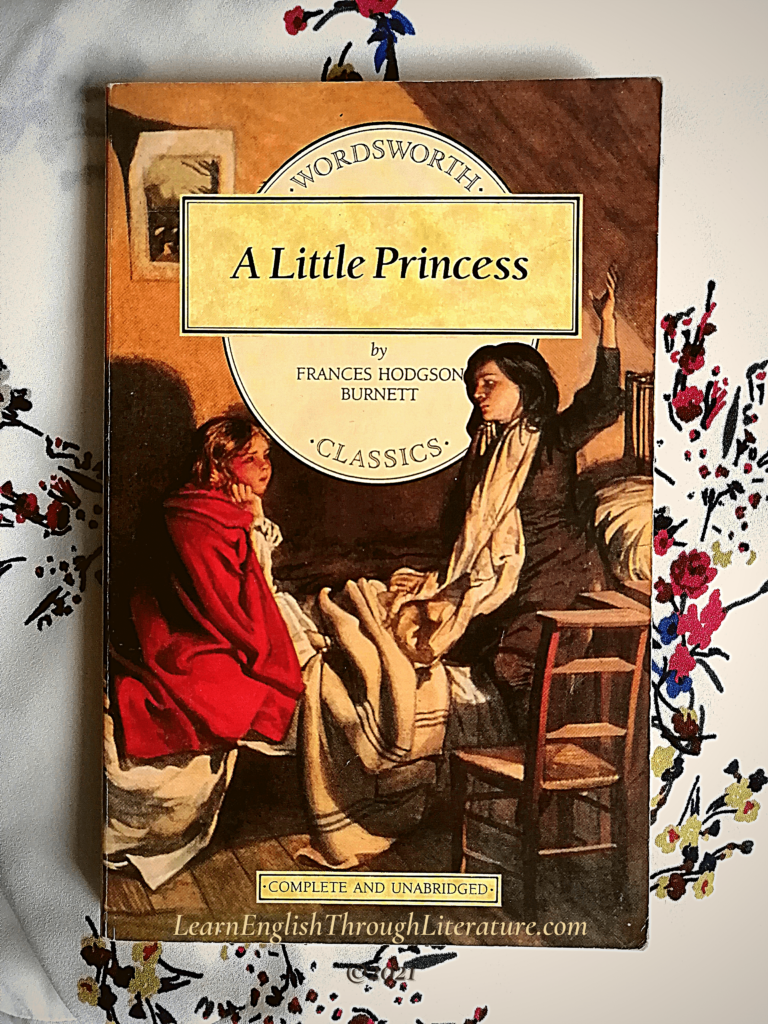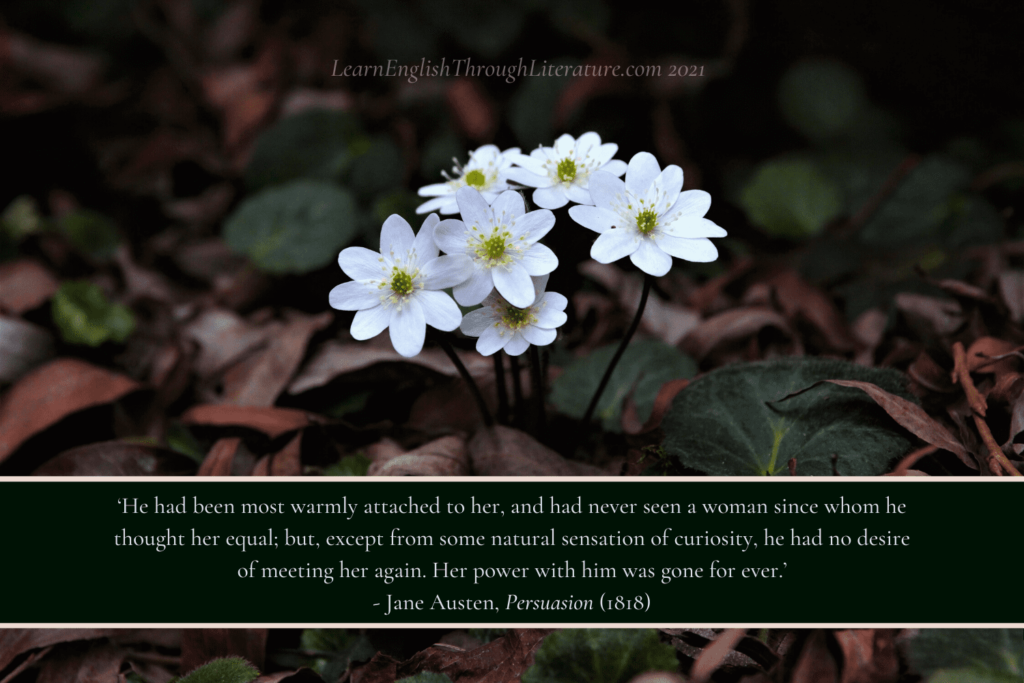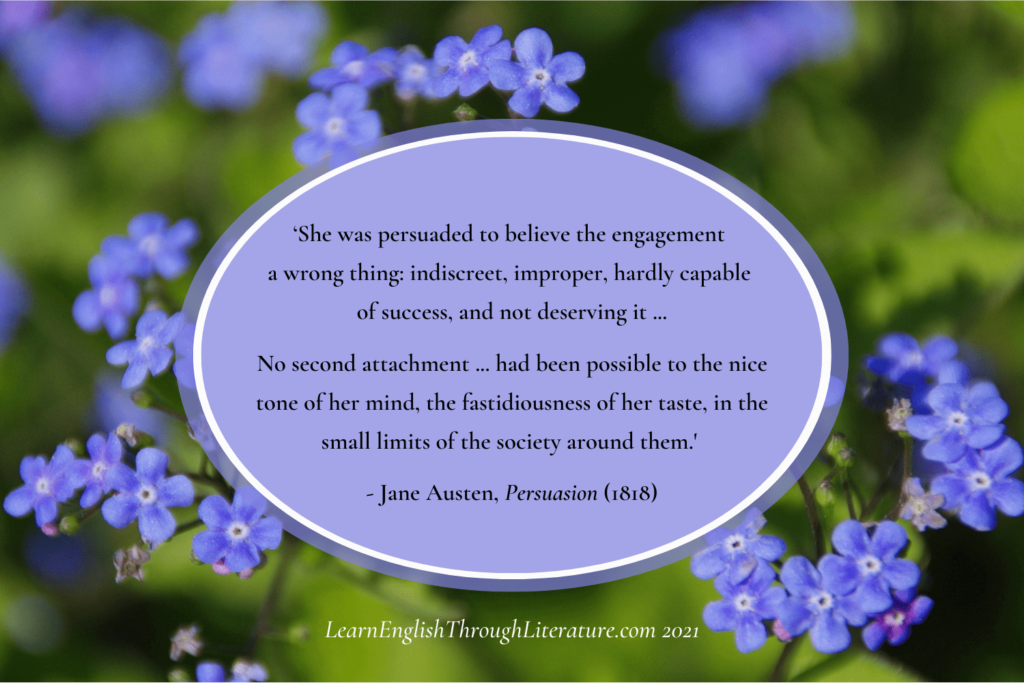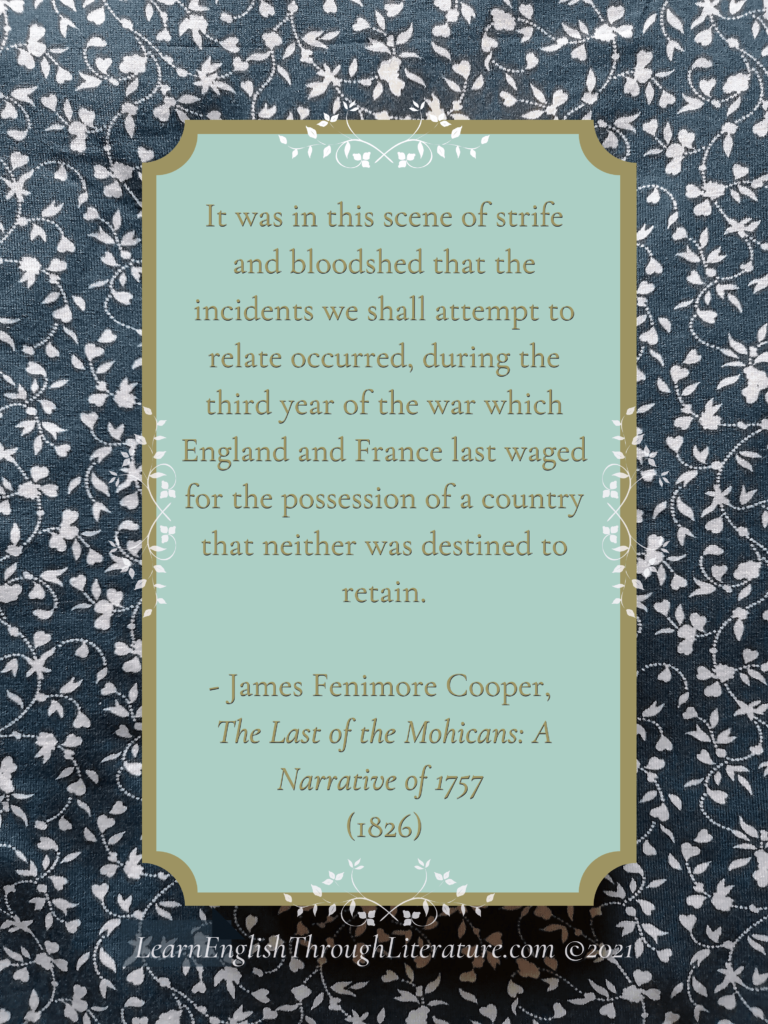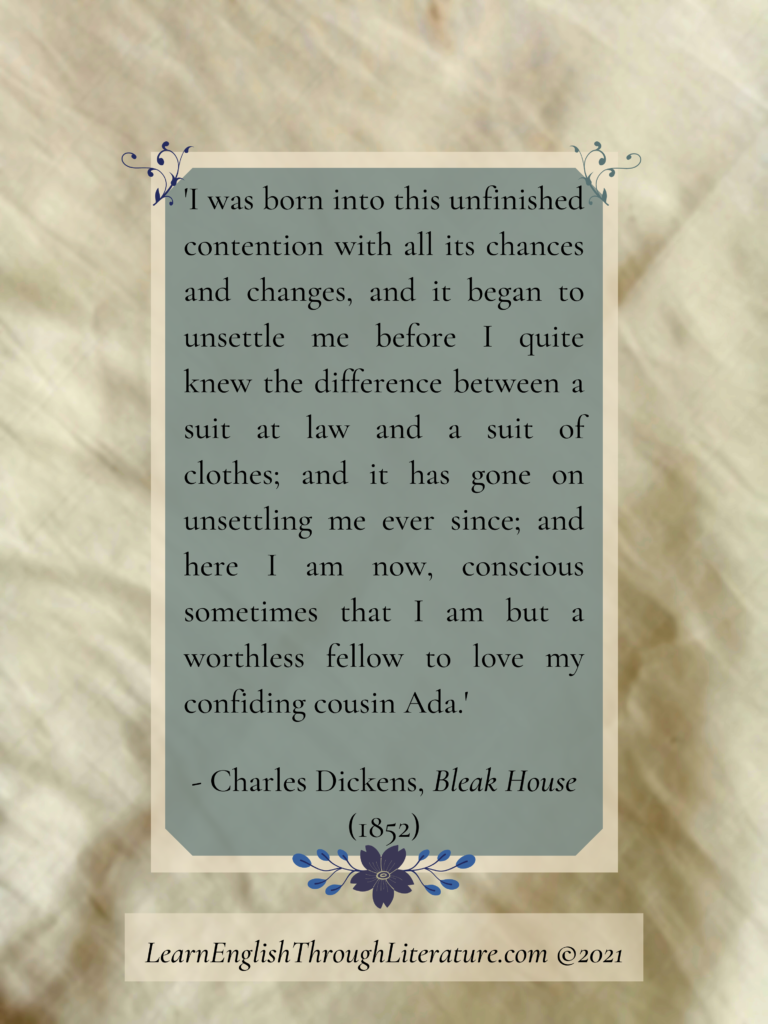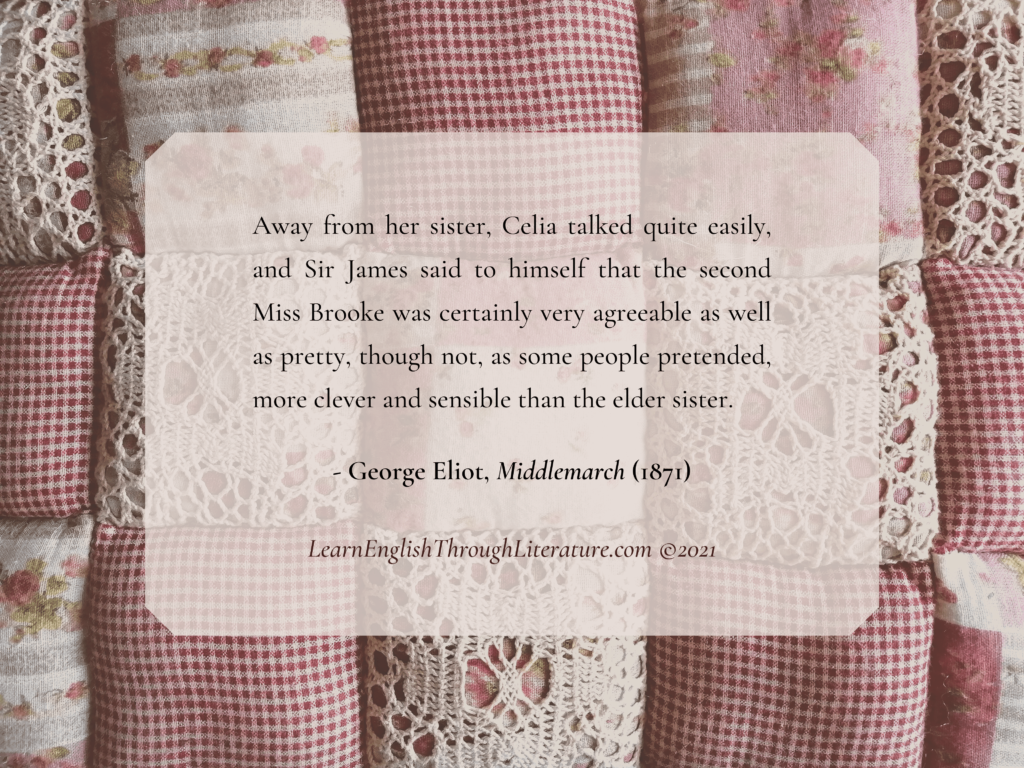Lesson #242 (Part 1): 12 Pairs of Antonyms and Synonyms through Hodgson Burnett’s Children’s Classic
A Little Princess is a 1905 classic by British author Frances Hodgson Burnett, who also wrote the famous Little Lord Fauntleroy (1886) and The Secret Garden (1911). I found my old copy of it recently, and while reminiscing (remembering with pleasure) how much it meant to me as a child, I saw how Hodgson Burnett’s […]

